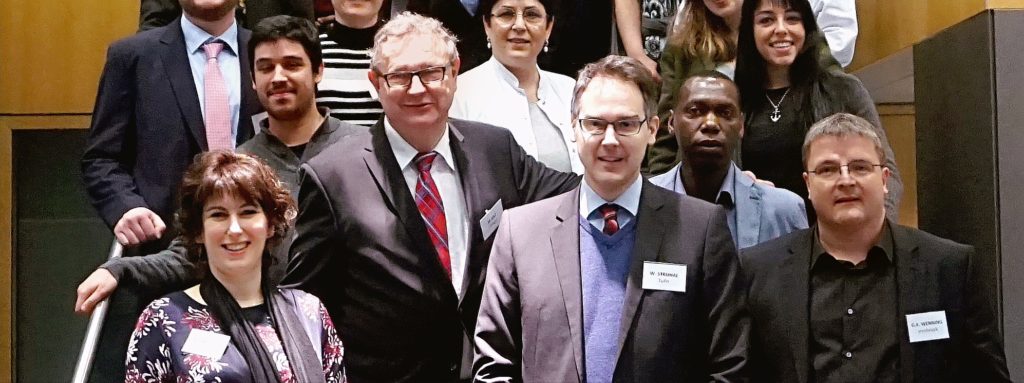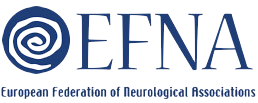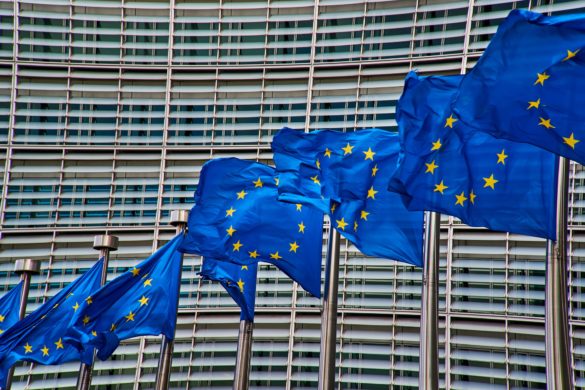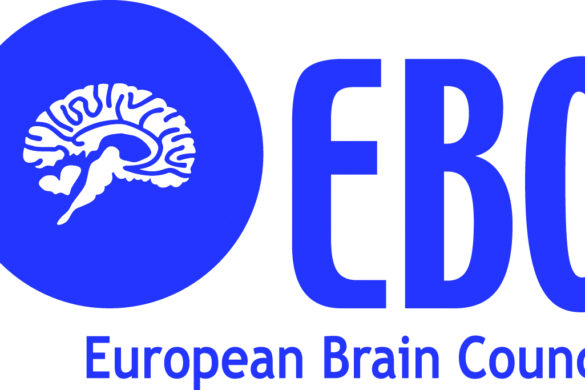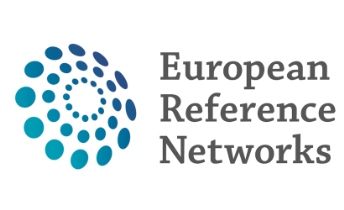Patients with cardiovascular dysautonomia often develop neurogenic supine hypertension, that is hypertension while lying, even in the presence of severe blood pressure falls upon standing, i.e. orthostatic hypotension. Neurogenic supine hypertension has been linked to chronic end-organ damage, as well as to increased risk of hypertensive emergencies. As yet, no consensus criteria had been established for the diagnosis of neurogenic supine hypertension, limiting our understanding of its epidemiology, prognostic significance and development of targeted therapies. Addressing this shortcoming, a panel of experts of the European Federation of Autonomic Societies and of the American Autonomic Society coordinated by Dr Alessandra Fanciulli and Prof Gregor K. Wenning of the Innsbruck Medical University provided a consensus definition of neurogenic supine and nocturnal hypertension, as well as recommendations for its diagnostic work-up. The EAN and the European Society of Hypertension (ESH) endorsed the document, which is in press in Clinical Autonomic Research.
The EAN and EFAS also endorsed the 2018 Guidelines for the diagnosis and management of syncope of the European Society of Cardiology (ESC), which were released on March 19. The guidelines provide updated recommendations for the diagnosis and treatment of syncope and, for the first time, also practical instruction on how to manage syncope patients, for example, in the emergency room or where a non-syncopal cause of transient loss of consciousness is suspected. Acknowledging the multidisciplinary character of syncope management, the ESC involved experts from different specialties in the 2018 Syncope Task Force: Prof. Gert van Dijk from the Leiden University Medical Centre and Dr. Alessandra Fanciulli from the Innsbruck Medical University were the neurologists called to contribute.
The terms of an active partnership between the EAN and EFAS were recently agreed in a memorandum of understandings negotiated by the EFAS President Prof. Walter Struhal (Karl Landsteiner University of Health Sciences, Tulln – Austria). Future collaborations between the EAN and EFAS will focus on joint guidelines in cooperation with the EAN Scientific Panel “Autonomic Nervous System Disorders”, joint sessions at each other´s congresses, and joint support in enhancing education of young neurologists.
Alessandra Fanciulli1, Gregor K. Wenning1, Walter Struhal2
1 Department of Neurology, Innsbruck Medical University, Innsbruck – Austria
2 Department of Neurology, Karl Landsteiner University of Health Sciences, Site Tulln, Tulln – Austria

